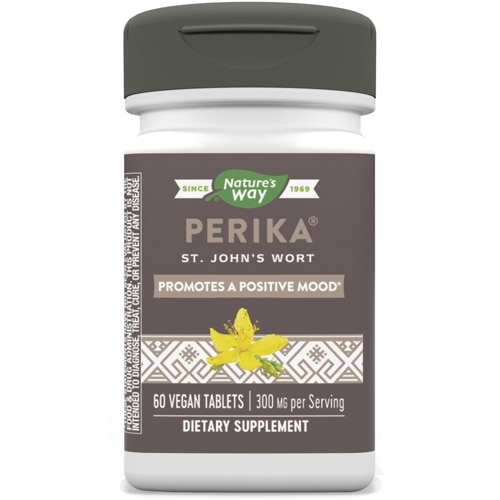Everyone has a unique capacity for joy—and a threshold for when joy starts to grate on their nervous systems. The season of relentless jolliness, it turns out, can make many of us miserable: Nothing like all the enforced gaiety to bring out one’s inner scrooge.
Many factors support and reinforce this tendency to wallow. One obvious culprit is Facebook, with its shiny happy people that inspire comparisons and the inner angst of falling short. Add to the mix the constant sense of generalized missing out. If you are single, divorced or otherwise outside the nuclear family box, throw in an extra dose of loneliness.
In fact, loneliness may be the best contender for holiday party pooper: As of 2016, almost half of all Americans over the age of 18 are single and 28 percent of Americans live alone. The focus on family time makes the holidays extra painful for lonely hearts. Roughly a third of the single population is over 65, when age and its accompanying health concerns can make it more challenging to connect in socially meaningful ways. Given the cultural pressures at play, the absence of cheer stands out starkly.
In short, one of the biggest holiday dilemmas is the experience of a gap between what other people are experiencing and your experience. While the struggle to get your merry on is real—it’s not impossible, especially if you define happiness on your own terms.
Here’s how to navigate your own personal journey to jolly.
1. Acknowledge your feelings
If you try to deny your feelings, they will come back to bite you. For example, the impact of a recent death in the family tends to get amplified during the holiday season. Take some time alone to reflect on your inner landscape and what feels out of alignment in your life. Depression is rooted in repressed emotions—stuffing disturbing feelings down will only exacerbate the problem, not solve it. Allow yourself to feel and to grieve.
2. Self-care
Holidays are no excuse to thrown moderation to the winds. Avoid the free-for-all mentality, as overindulgence only adds to your stress and guilt. Keep alcohol use to a minimum—it has a rap for being a potent depressant. an occasional glass of eggnog, wine or champagne is fine, but hitting the libations hard will mess with your moods. Same goes with eating too many holiday delicacies which leave you with a butter and sugar hangover.
Make sure you factor in exercise: Many studies show that regular exercise has the same effect on brain chemistry as prescription antidepressants.
Make time for yourself, even if it’s in little bursts. Just 15 minutes alone, without distractions, can be a surprisingly effective reboot. Take a walk, do some deep breathing, listen to soothing music or give yourself a mini-massage. It doesn’t matter what the vehicle, but finding something that reduces stress can instantly restore inner calm.
3. Do less
You don’t have to say yes to every invitation, or volunteer for every activity. Listen for when you have an inner yes, rather than doing something just to maintain your self-image, or out of obligation. A no to others is often a yes to yourself. Too many yeses can leave you feeling resentful and overwhelmed. Friends and family will understand that you need to be selective.
4. Calibrate your social sweet spot
Depression feeds on hibernation and isolation. Reaching out to others who also may be lonely can foster sustaining connections that are a win-win for all. Make an effort to meet with friends and family, but no need to overdo the social.
If parties are not your thing, skip them. Instead, make plans with small groups of friends. Find the right balance between spending nourishing time with others and rejuvenating time alone.
5. Give more than you take
One way to bring more abundance into your life is to give first. Volunteering to help those in need can make you feel so much better about yourself and your lot in life.
According to the Harvard Health Blog, “Many studies show that volunteering helps people who donate their time feel more socially connected, thus warding off loneliness and depression.”
Volunteering can lower stress levels—a huge cause of holiday haywiredness. Helping others takes you out of yourself and puts you in conversation with the larger world around you.
And that’s really the point of the holidays, and life in general—to only connect. Whether it’s with others, or your own deepest aspects, make time for the conversations that matter most.




